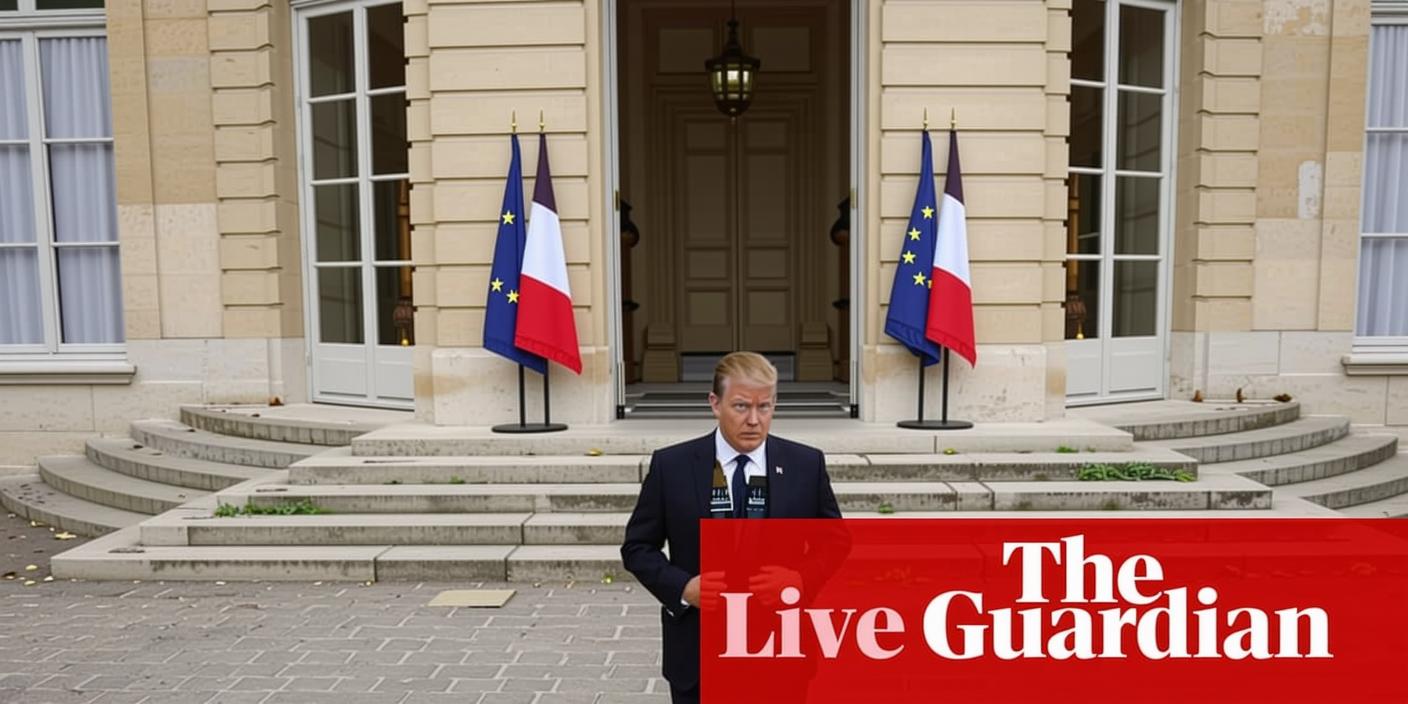Current Overview
Welcome to our ongoing coverage of European affairs. The spotlight is on France as outgoing Prime Minister Sébastien Lecornu embarks on a crucial mission to secure cross-party backing for a new cabinet, aiming to resolve the nation’s political stalemate.
President Emmanuel Macron appointed Lecornu, 39, to form a government in early September after the previous administration was ousted due to an unpopular austerity budget.
On Sunday evening, Lecornu introduced a new cabinet, which faced criticism for retaining several familiar figures from the former government, leading to his resignation on Monday morning.
In a surprising turn, Lecornu agreed by Monday evening to Macron’s request to dedicate two days to attempt to save his administration.
Macron instructed Lecornu to “finalize negotiations by Wednesday evening to establish a stable action plan for the nation,” according to a presidential source who wished to remain anonymous.
The president was prepared to “take necessary actions” if efforts failed, hinting at the possibility of calling new elections.
Lecornu was scheduled to meet with party leaders at 9:00 am (0700 GMT) at the prime minister’s office to try to break the deadlock, as reported by Agence France-Presse.
Stay tuned for all the latest updates.
For those needing a recap of yesterday’s events and a bit of context on France’s political drama, here’s an insightful piece by our Paris correspondent, Jon Henley:
The crucial part is at the end, where Jon outlines three potential paths for Macron:
First, he could appoint a new prime minister. Choosing someone from his own ranks seems unlikely, while a moderate leftist might challenge his pension reforms.
Alternatively, selecting a staunch right-winger could anger the left. Given the urgent need for consensus to pass this year’s budget, some suggest he might opt for a non-partisan technocrat.
Second, he could dissolve the national assembly and call for new legislative elections, a step he has been hesitant to take, as polls indicate it might result in another fragmented parliament or even a far-right government.
The anti-immigrant National Rally, led by Marine Le Pen and Jordan Bardella, favors this option, urging Macron to dissolve parliament and hold new elections.
His final option would be to resign, but he has consistently ruled out stepping down before the 2027 presidential election, a pivotal moment in French politics, with Le Pen eyeing her best chance to gain power.
Philippe’s Call for Early Elections
Édouard Philippe, who served as French Prime Minister from 2017 to 2020 and remains a key centrist ally of Macron, has entered the fray by advocating for an early presidential election.
During a Tuesday morning interview with RTL radio, Philippe, also a potential candidate for the 2027 presidential race, urged Macron to appoint a new prime minister, approve the budget, and then call an early presidential election.
He cautioned about the potential “collapse of the state”.
While a presidential election seems improbable at this stage – Macron has consistently dismissed the idea of stepping down before the 2027 election – the political turmoil adds a layer of uncertainty.
